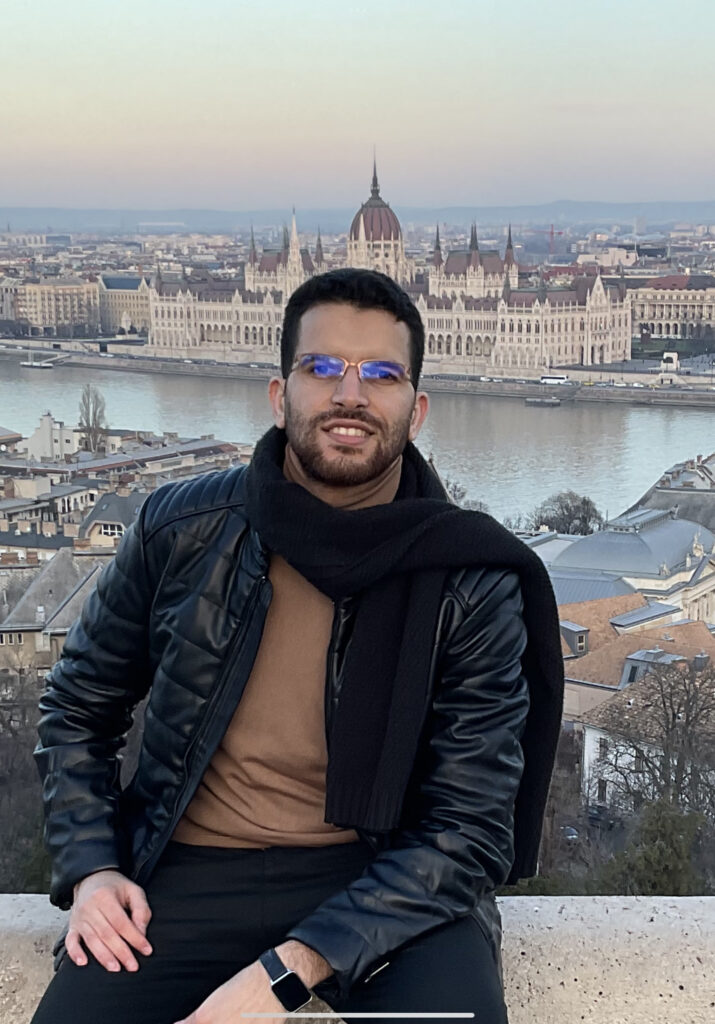Grenoble Institute of Technology
Grenoble Institute of Engineering and Management (Grenoble INP) is a federation of 8 engineering and management schools and 39 research laboratories. With about 1,200 engineering masters, 300 research masters and 230 doctorates awarded each year, it is the first French engineering university and one of Europe’s leading technology universities.
SCIENTIFIC TEAM
Renaud BOUCHET (Principal Investigator)

Prof. Renaud Bouchet received his PhD degree in 1999 from the Grenoble INP after working on H2 electrochemical sensors using proton conducting polymer electrolytes. He was appointed assistant Professor in 2000 in Aix-Marseille University, and started to work on lithium metal polymer battery with Blue Solutions, then moved as full professor in 2012 at Grenoble INP. His main research interests include the design of functional materials and advanced electrochemical analyses of the charge transport/transfer processes for electrochemical energy storage (Lithium metal polymer, inorganic solid-state batteries, lithium sulphur, lithium-ion).
Michel MERMOUX

Dr. Michel Mermoux obtained a PhD degree in 1988 at the Institut National Polytechnique de Grenoble, working on the synthesis, characterization and electrochemical properties of graphite oxide. In 1989 he joined the CNRS, working on the synthesis and characterisation of CVD diamond films, then the electrochemical properties of boron-doped diamond. Since 1994, he progressively moved towards the use of Raman spectroscopy, the purpose of the measurements is mainly to extract material properties (structural, electronic and thermal properties, strain, …) from the line shape of specific Raman lines.
Yassine EDDAHANI (DC02)

Yassine Eddahani was born in Ben Guerir, Morocco in 1997. He obtained his bachelor’s degree in Industrial Process Engineering and Digitalization from Mohammed VI Polytechnic University, Morocco, in 2022. Afterwards, he was awarded an Erasmus Mundus Joint Master Degree (EMJMD) scholarship to study Materials for Energy Storage and Conversion (MESC+) in Politechnika Warszawska, Université Toulouse III – Paul Sabatier, and Universidad del País Vasco in Poland, France, and Spain, respectively. Throughout his master’s, he conducted a three-month internship at Institut des Matériaux Jean Rouxel (IMN) in France, on the confinement of ionic liquid in a polymeric host network for the preparation of Ionogels as polymer solid-state electrolytes for the next-generation lithium-ion batteries. Moreover, he conducted his master’s thesis at A.J. Drexel Nanomaterials Institute in the United States, where he developed compact lithium-ion batteries using highly conducive titanium carbide MXene as current collector film and binder. Within the RIDERS DN, he is joining the University Grenoble Alpes-INP for the DC02 position under the supervision of Pr. Renaud Bouchet. His research will focus on advanced characterization of interfacial reactivity and ionic charge transport in polymer electrolytes to enhance the performance of LMP batteries.
1130 Rue de la Piscine, 38610 Gières, France



